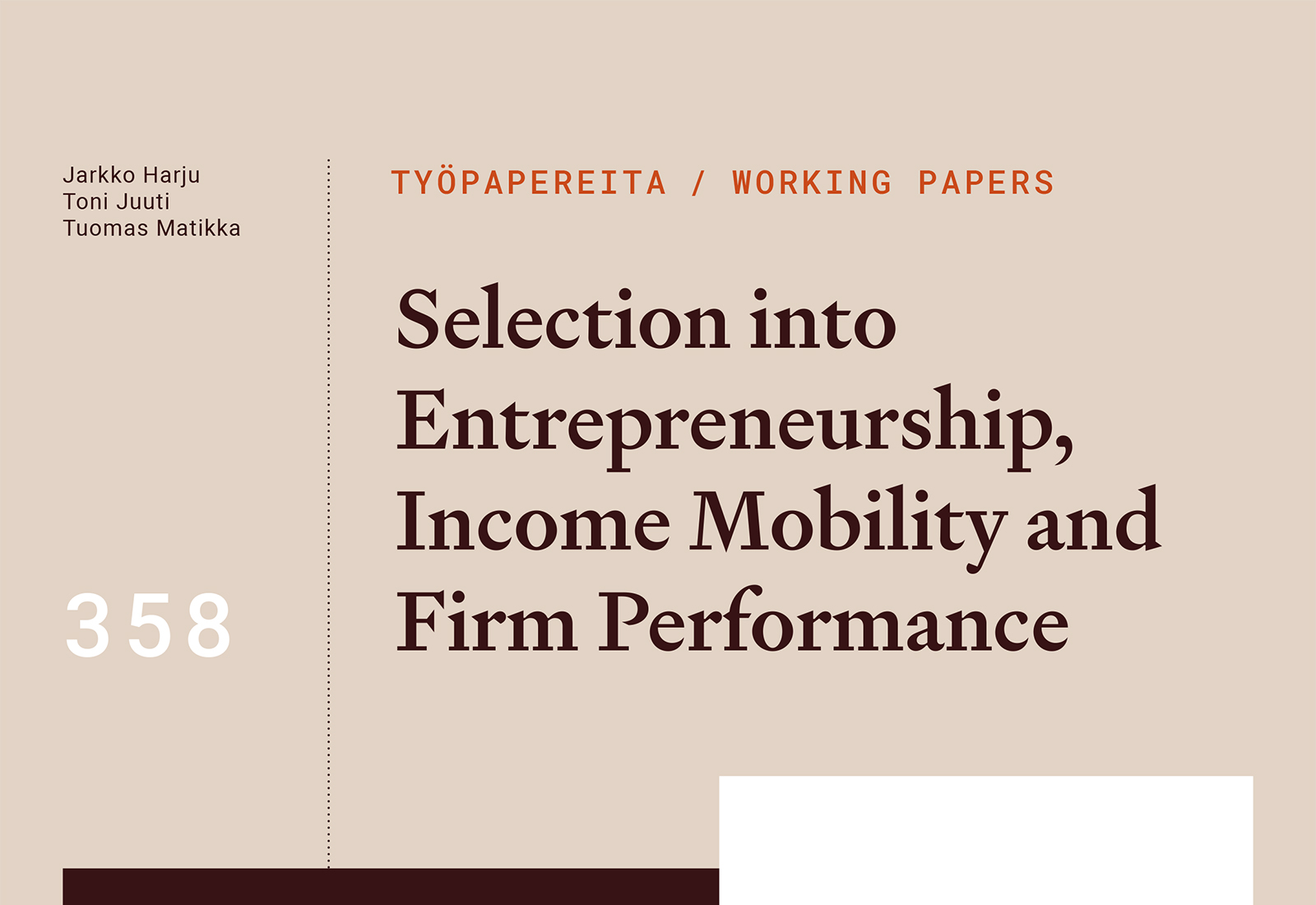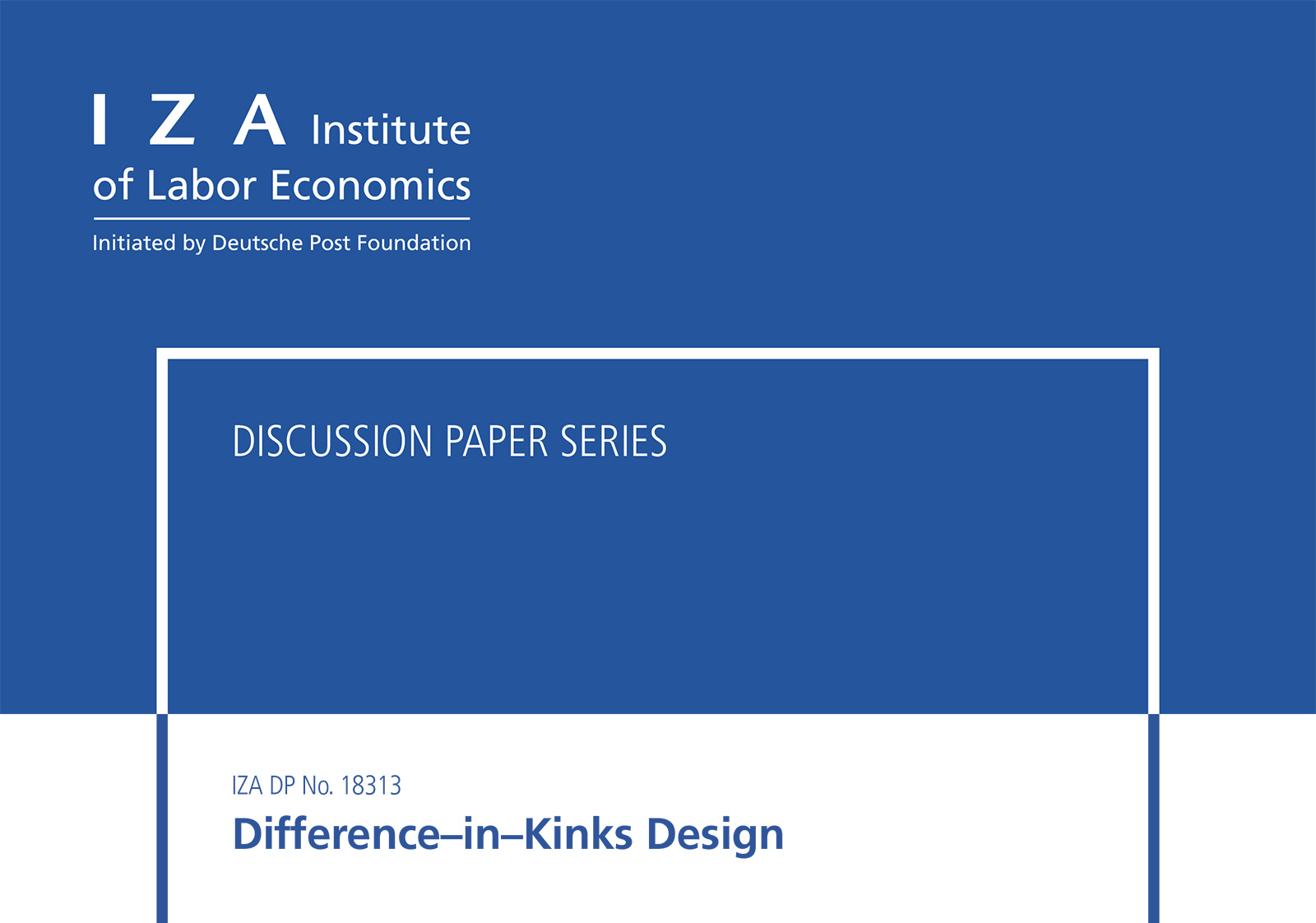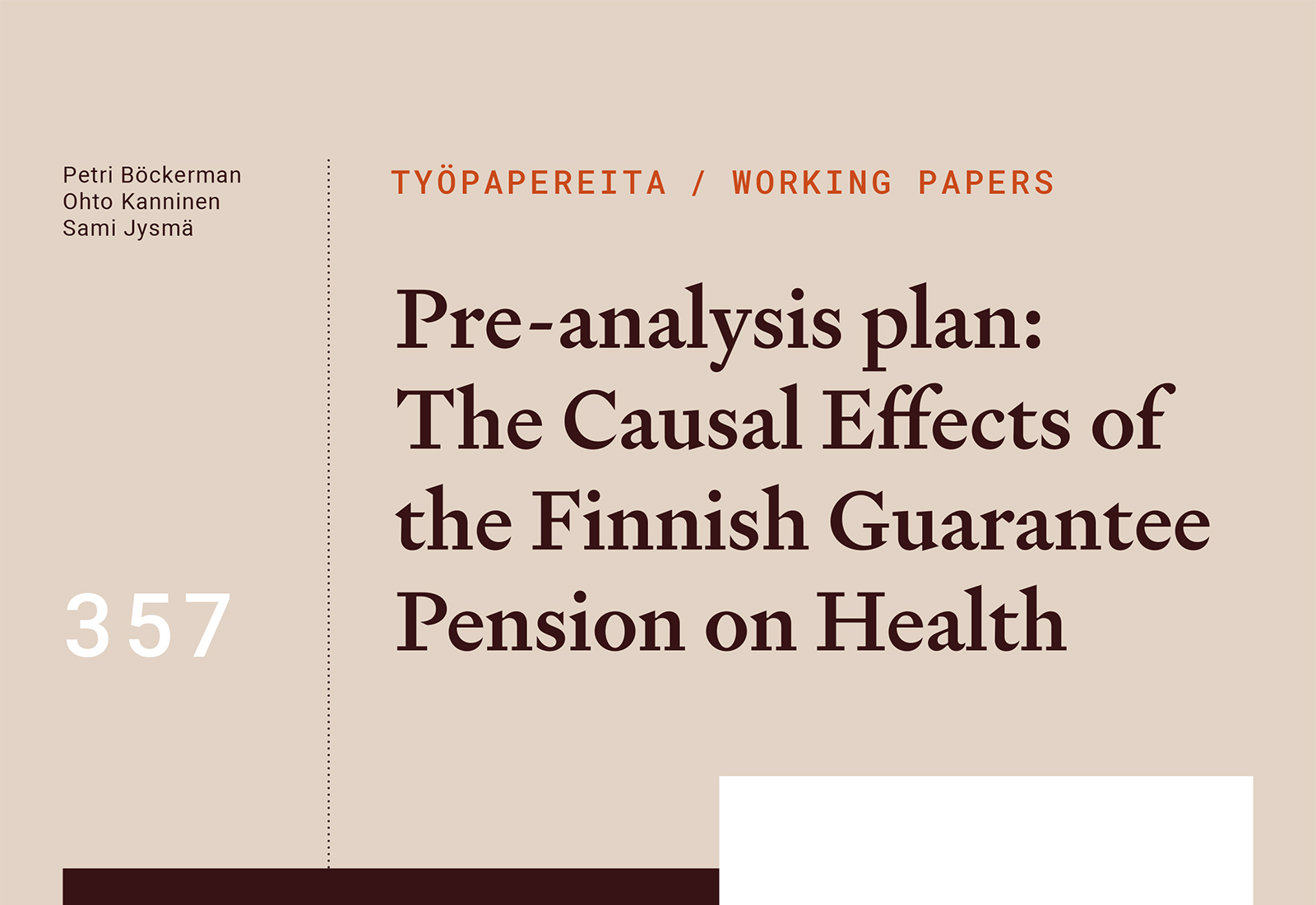Combining Part-Time Work and Social Benefits: Empirical Evidence from Finland
Osa-aikatyön ja sosiaalietuuksien yhdistäminen: empiirinen tutkimus Suomesta
Tiivistelmä
Tutkimuksessa tutkitaan työttömyysturvan ja asumistuen suojaosien käyttöönoton vaikutuksia työttömyyden aikaiseen työskentelyyn sekä kokoaikaiseen työllistymiseen. Suojaosien käyttöönotto kasvatti työn vastaanottamisen kannustimia työttömyyden aikana, sallimalla alle 300 euron kuukausittaiset palkkatulot vaikuttamatta sosiaalietuuksien tasoon. Kuvailevan analyysin mukaan työttömyyden aikainen työskentely sovitelulla päivärahalla on selkeästi yleisempää naisten keskuudessa, palvelualoilla sekä terveys- ja hyvinvointialoilla. Tulostemme mukaan suojaosien käyttöönotto kasvatti työttömyyden aikaista työskentelyä 17–28%. Tutkimuksessamme emme löydä positiivista tai negatiivista vaikutusta etuudensaajien kokoaikaiseen työllistymiseen.
Julkaisun tiedot
Kalin, S., Kyyrä, T. & Matikka, T. (2024), Combining Part-Time Work and Social Benefits: Empirical Evidence from Finland, IZA DP No. 16904.
- ISSN: 2365-9793 (verkkojulkaisu)
- JEL: H24, J21, J22
- Julkaisu PDF-muodossa

- Salla Kalin
- erikoistutkija
- Puh. +358-50 365 4385
- salla.kalin@labore.fi
- Tutkijaprofiili


